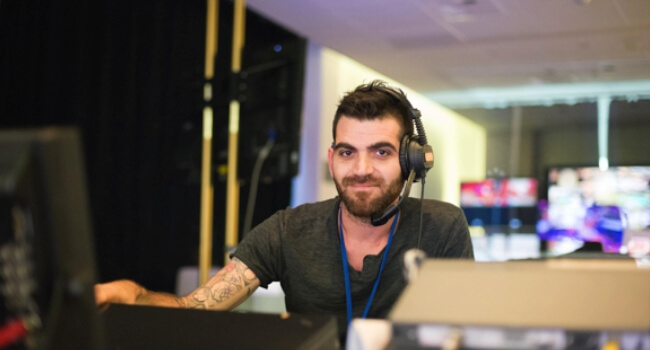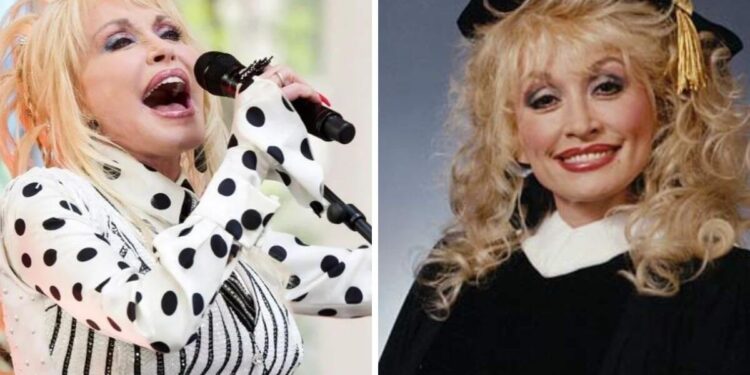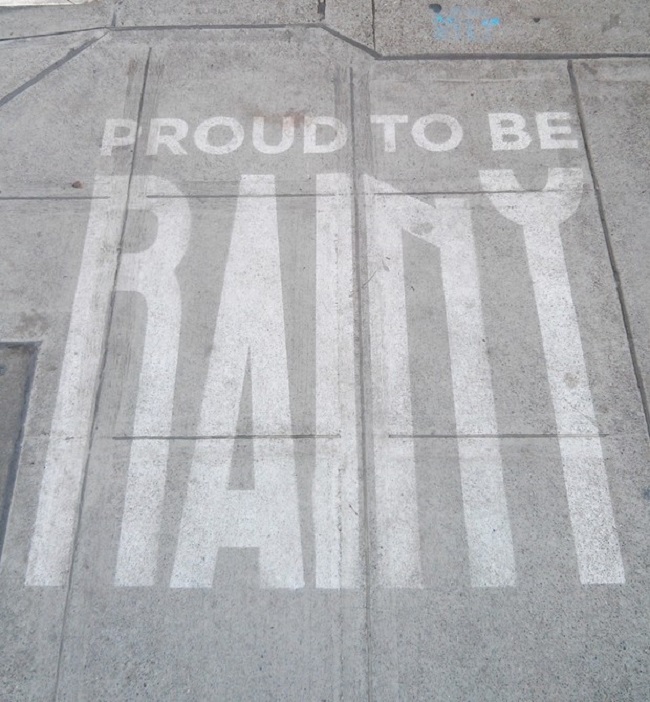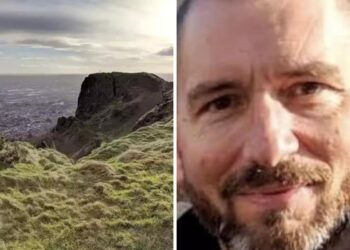Reality television is doing more than just bringing people together, it’s breaking down societal barriers that have been in place for many years. When Shams Marie Abomokh, a 30 year old art therapist, married with three children, Muslim woman wearing a Hijab walked into the Big Brother Israel house earlier this year, Muslim conservatives questioned her motives, and her husband’s lack of control over his wife.
However, aside from the expected criticism from the media, Shams’ presence on the show lead to more open intercultural communication, showed a different side of a demographic that many know little about, and introduced Big Brother Israel to a Muslim audience that was unfamiliar with the show.
And the one behind it all is reality tv show director extraordinaire Moshik Maymon who has made a name for himself in Israel with hit shows like Big Brother Israel, Baby Boom and Bake-Off Israel. Maymon’s sweeping directorial success has opened many doors for the once Canadian camera operator, who has gone on to direct the Israeli Oscars and Gay Pride in Tel Aviv.
Today, Moshik shares the secrets behind his craft, how he discovered that surprise love story on last season’s Big Brother, and his hopes for the future.
Q: How would you describe the beginnings of your career in reality TV?
M: I started as a production manager in Toronto developing and producing commercials, and worked my way through the ranks. It took over six years from the time I got my video editing certificate to when I finally had the title of director.
Q: How do you think this in-depth experience ultimately lead to your current status as the head director of some of Israel’s most popular shows, like Big Brother?
M: It gave me a better understanding of the complex behind the scenes workings of reality TV. Directing Big Brother, both my passion and my resilience are tested on an almost daily basis.. I have many late nights, and some nights, I don’t even make it home.
Q: Your hard work has definitely paid off. How does it feel to be so young and yet reach this stage in your career worldwide?
M: I could not have done it without the incredible crew and talent that I work with every day. Directing is not just about seeing something, but seeing how something should be seen in the way that best tells a story.
Q: So, you are the only one in Israel who saw the love affair that captured the country’s attention on the last season of Big Brother. How did that happen?
M: I had a hunch and I ran with it. I noticed little nuance gestures and a bond forming between two people who could not express their emotions as the woman was religious and older and that, she believed, was frowned upon by our society. One evening as all the tenants were sitting at the Friday dinner table i had the idea to have the camera man in the ring redirected the camera underneath the table. He looked at me as if i am crazy, but soon enough we noticed their feet were touching and the love story simply unfolded.
Q: Amazing. As were last year’s Oscars! What was it like directing the 2017 Israeli Academy Awards?
M: It was incredible and challenging. This was the first time the academy let a young director like myself take the reins. The ceremony was never broadcast live until this year and was done in a very old-fashioned way. I was inspired by the American oscars and wanted to make the Israeli Oscars the event everyone were looking forward to seeing. Not just the industry people but mainly the general population. In order to do that i invited popular musical artists, comedians, and a more diverse group of actors and directors to present the awards, we created amazing VTR clips and had a virtual host. It was a huge success and definitely proved my point to the Israeli film academy board.
Q: As one of the cornerstones of the Tel Aviv social calendar, Gay Pride has over 250,000 revelers flooding the city for the annual procession. What was it like taking on directing the live show for television?
M: the parade included many artists and a very large crowd. The control units van, where we were, was located right in the middle of all the commotion. We transmitted the parade live to the Israeli channel 24. This included live performances by many artists and interviews. I was honored to take part in this year’s gay parade. With so many unheard and underrepresented voices in the world, I always try to honor, capture and share their stories.
Q: Moshik, do you have a secret to your success?
M: I believe that one of my key strengths lies in my sensitivity and my ability to read body language and facial expressions. I have even developed my very own concept known as “the holy triangle.”
Q: What is “the holy triangle”?
M: It shows a clear pivot that allows me to create compelling and intriguing story arcs and concepts by focusing on 1) someone doing something 2) to someone else and 3) a third person seeing it.
Q: Interesting. As one of the most sought-after directors in Israel, is it hard to find time for things other than work?
M: I always find time for things I care about. For me, it’s my family and my motorcycles. Riding offers me a way to relieve the stress I build up at work and channel my adrenaline during my downtime.
Q: With such an impressive resume, what would you like to do next?
M: I think it’s time to step outside my comfort zone of Israeli reality television. My hope is to produce an American show that is geared more toward my creative voice.
Whether in Israel or America, with Maymon using his creative voice to “bring the cinema to the people,” he is sure to find acclaim and success in whatever projects he chooses to pursue.










